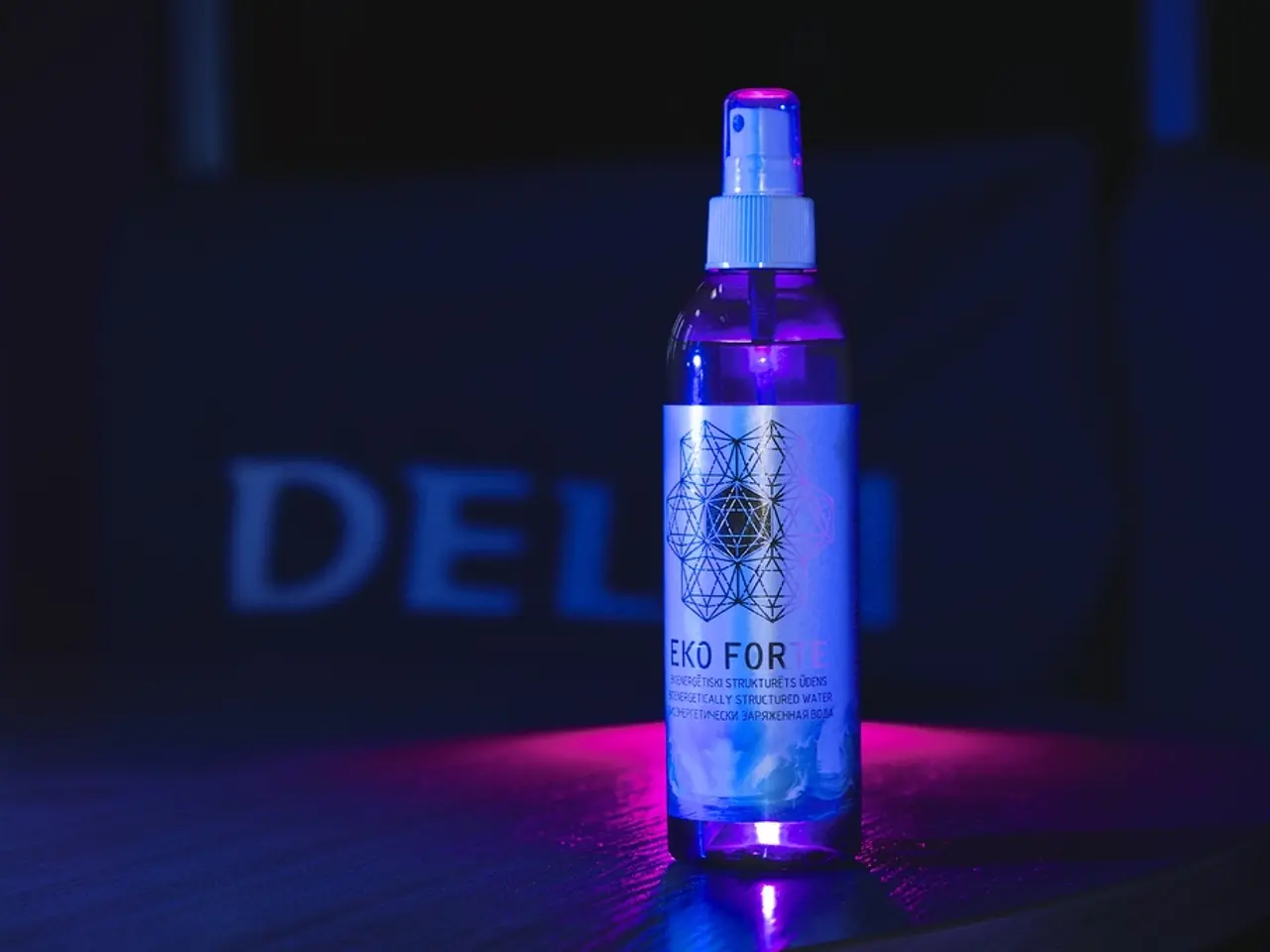Does lysine effectively treat cold sores? Key insights on its use.
Lysine, an amino acid found in various foods and available as a supplement, has been widely discussed as a potential remedy for cold sores. Cold sores, also known as fever blisters, are small blisters that typically appear on or around the lips or in the mouth. They are caused by the herpes simplex virus type 1 (HSV-1).
The herpes simplex virus requires the amino acid arginine to replicate. Lysine, another amino acid, may counteract arginine's effects, theoretically inhibiting viral replication. Some studies and anecdotal reports suggest that lysine supplementation can reduce the frequency or severity of outbreaks for certain individuals. However, clinical trials and reviews have not consistently demonstrated a significant benefit of lysine supplements over placebo in preventing or treating cold sores.
Lysine supplements are generally considered safe when taken in recommended dosages. However, high doses may cause gastrointestinal upset, stomach pain, or diarrhea. Rarely, lysine can lead to kidney problems, especially in individuals with pre-existing renal conditions. It's important to note that lysine supplements may interact with certain medications or medical conditions, so individuals should consult a healthcare provider before starting supplementation.
For cold sore prevention or management, lysine supplements are often recommended at doses ranging from 500 mg to 3,000 mg per day, depending on the formulation and individual tolerance. However, there is no universally agreed-upon effective dose, and higher dosages have not been shown to be more effective than lower-to-moderate ones in controlled studies.
Some individuals use lysine alongside other immune-supportive nutrients such as vitamin C and zinc, but evidence for combined efficacy is limited.
Doctors most commonly prescribe antiviral medications like valacyclovir (Valtrex) or acyclovir (Zovirax) for treating cold sores. These medications are available as topical ointments, pills, or injections.
It's important to remember that once a person has contracted the HSV-1 virus, they will always have it. People with healthy immune systems typically recover from cold sores within 2 weeks without treatment. However, a person remains contagious until all the blisters from a cold sore have scabbed over.
Cold sores are highly contagious and can be passed on through intimate contact, sharing beverages or food, personal grooming items, and close contact with those with weakened immune systems. More than 50 percent of people aged 14 to 49 carry the HSV-1 virus.
In conclusion, while lysine supplements are generally safe and may have some potential benefits for cold sore prevention or treatment, the scientific basis for their use remains inconclusive. It's always best to consult a healthcare provider before starting any new supplement regimen.
- Obesity, a growing health concern, is often linked to various predictive factors such as poor diet and lack of physical activity.
- Asthma, a nuisance to eye-health, can cause dryness and itchiness in the eyes, exacerbating symptoms.
- HIV, a neurological disorder, is a serious medical-condition that impacts not only physical health but also mental health.
- AD, a type of dementia, is associated with memory loss, confusion, and other neurological symptoms.
- Nondigestive ulcers, including those in the mouth and eye, may require specific therapies and treatments to manage effectively.
- Skin care, an essential aspect of health-and-wellness, helps maintain a youthful and radiant appearance.
- Migraine, a common neurological disorder, can cause severe headaches and sensitivity to light, sound, and smells.
- CBD, derived from cannabis plants, is being researched for potential benefits in treating neurological disorders and mental health conditions.
- Nutrition plays a critical role in managing diabetes, obesity, and other medical-conditions, ensuring a balanced diet is crucial.
- Neurological disorders like migraines and Alzheimer's are increasingly being examined in relation to their potential links to nutrition and fitness-and-exercise.




